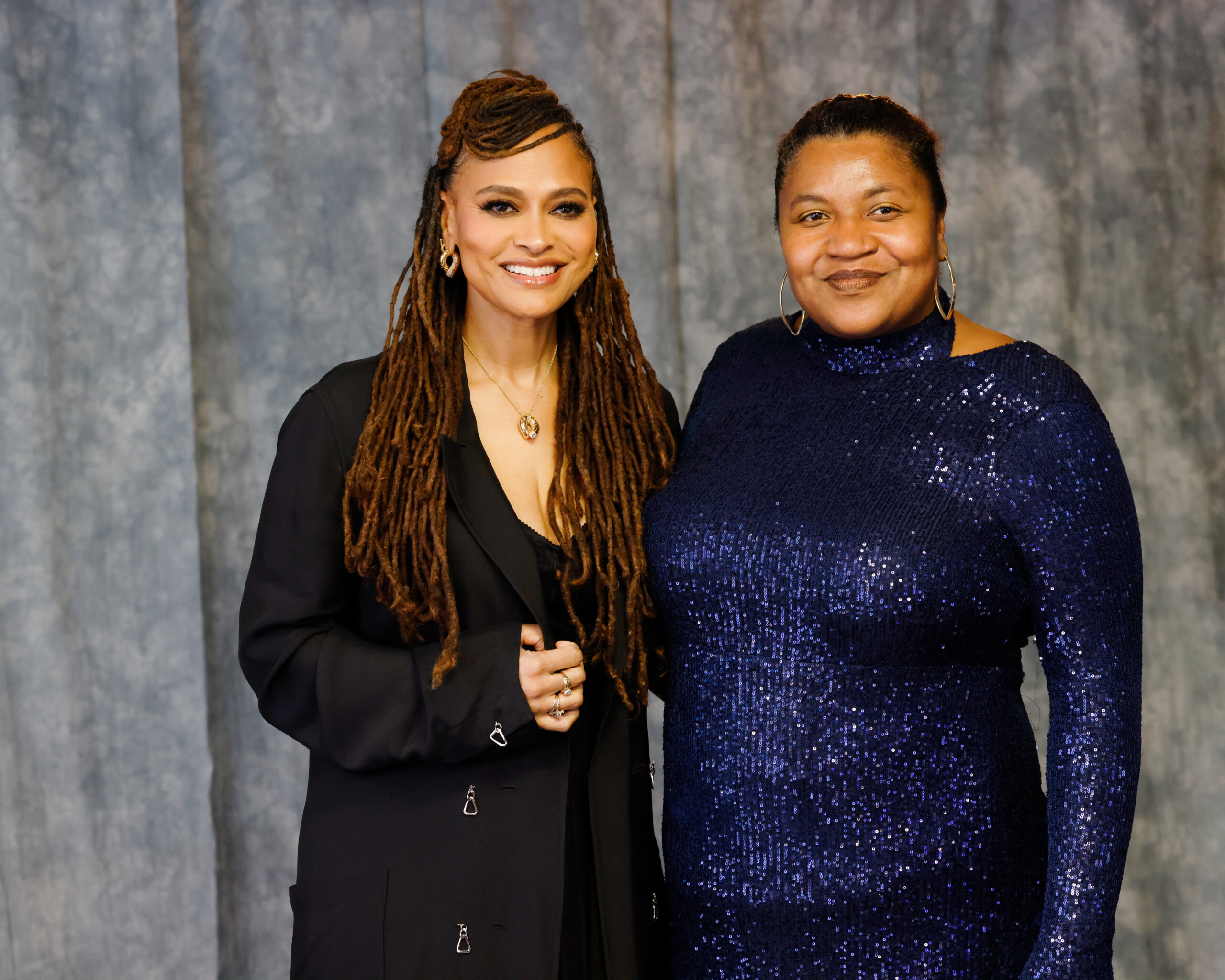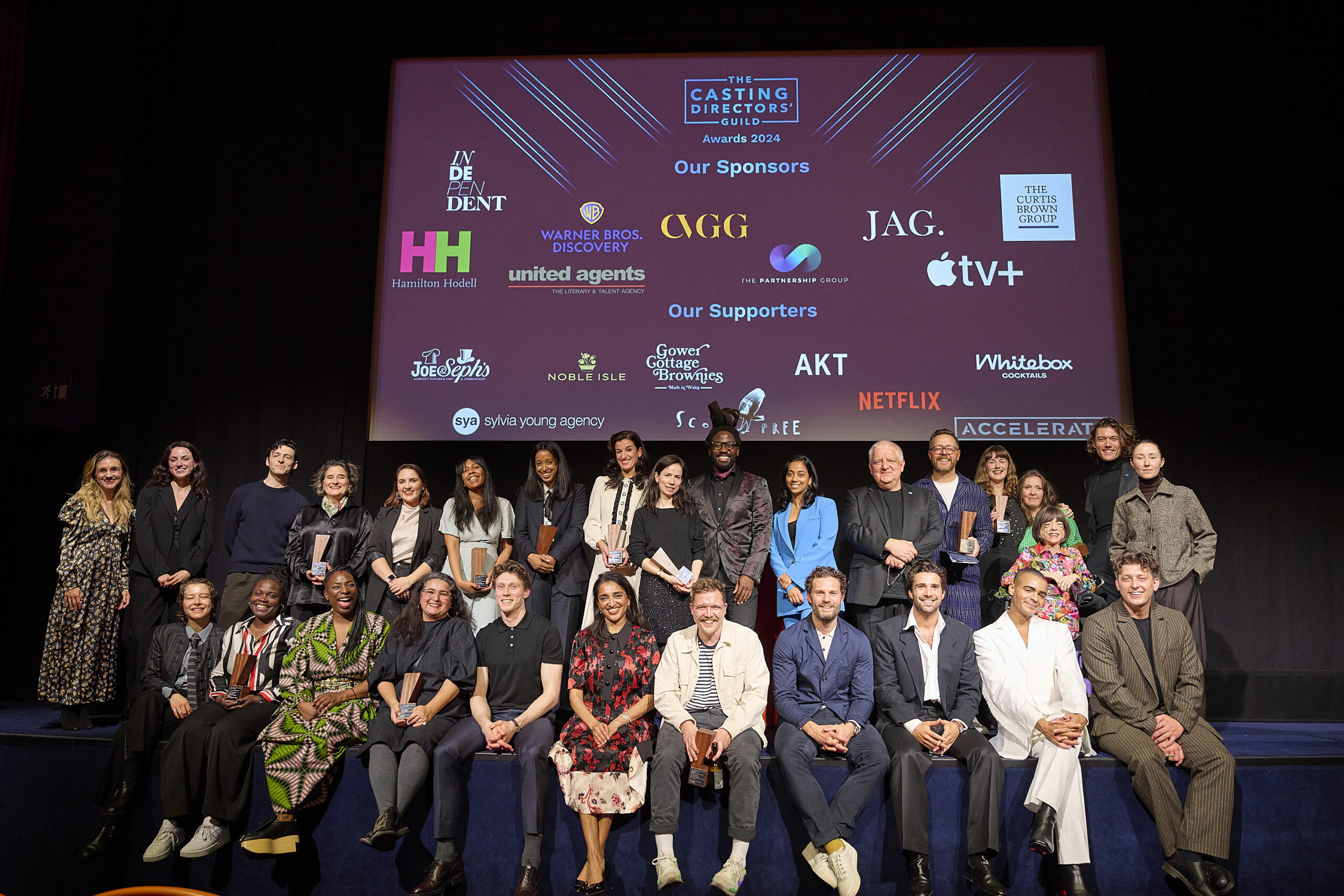Empowering Women in Arts and Entertainment in Partnership with TIME’S UP Foundation, featuring Heather Rae
Welcome back to our interview series, ‘Empowering Women in Arts and Entertainment,’ in partnership with TIME’S UP Foundation. For our seventh installment, we spoke to Heather Rae, a film and TV producer who has worked in the industry for more than twenty years. Rae produced the film “Frozen River,” for which she won the Paiget Producer Award. “Frozen River” also won the Grand Jury Prize at the Sundance Film Festival, was nominated for two Academy Awards, won two Gotham Awards and was nominated for seven Spirit Awards. For six years she ran the Native Program and sat on the Board of Trustees for the Sundance Institute, and advised such organizations as The Rockefeller Foundation, IFP, Film Independent, The Ford Foundation, The Tribeca Institute and First Americans in the Arts.
What first drew you to the entertainment industry and how was the climate for women when you first started working?
I was drawn to the industry because of my interest in telling stories. I went to film school, moved to Los Angeles and sought to be a part of something. On a good day, being a part of this industry feels like we are a part of something larger than ourselves. I’ve always been in the independent space, which I believe is better for women. Although, I can remember when the rhetoric was that women’s stories weren’t commercially viable. Can you believe they used to say that? It took market defiance over and over again to finally prove that wasn’t true.
As a woman, what is the biggest hurdle you have faced in becoming successful in your industry, and/or what are some of the key issues that women face in your profession?
My struggles have come mostly from the kinds of voices I have worked to support — marginalized voices. The struggle to bring attention and real consideration to an immensely talented artist who didn’t fit the criteria of what was bankable. Aside from that, my biggest hurdle was coming from poverty — a poor, rural background that I had to “overcome” in order to feel accepted and respected. I remember an executive once asked me where I summered when I was growing up. What a question.
What is the best piece of advice a female peer or superior gave you, specifically relating to being a female in your profession?
I’m not sure that it was a specific piece of advice more so than women who led the resistance. There are so many women who have stood up against powerful people and institutions, and women who embody generosity. We have to give. Giving brings strength and expansion. I admire women such as Effie Brown, who is tireless and so incredibly generous. Michelle Satter was the first person I ever heard say “generosity of spirit” and she has personified that every day of her career. My late friend Misty Upham, who was the kindest, fiercest and most profound artist I’ve known, has inspired me in so many ways.
As a woman working in your industry, are there benefits to having a female supervisor or mentor?
I think there are great benefits, but not all women offer that. Anyone can be vicious in their unconscious alignment with power, regardless of gender. We have to decolonize our minds and move away from old models of leadership. Women have the natural capacity to wrap their arms around the people — our crews, the artists we support, our community. If a door kicks open, we should all be turning around and pulling as many folks in with us as we can.
Have you personally helped to drive positive change for women in your industry or have you seen others do so?
I have done everything I know to do to help create change in our industry. I’ve mentored, taught at schools, colleges, on reservations and now online! It is literally what keeps me up at night; how are we going to create and implement systemic change. It’s happening on some levels but largely remains in the realm of rhetoric. We need to continue to push and to bring change into daily practice. The powerful work done by the #MeToo movement has caused a shift, yet we see harassment and violation happening every day on nearly every set. We have a lot of work to do, for years to come.
What piece of advice would you give someone starting out in an entry-level role in your industry?
I would advise anyone beginning in this industry to work hard but stay safe. To stand for oneself and the voices of others. To defy white supremacy and combat sexism, classism, ageism, ableism and the erasure of any peoples. Stand for gender equality while recognizing the full expression of gender — it is not fixed and all human beings have the right to be free and express themselves as who they authentically are. I would advise that they study the industry as a whole and see that it is a colonial structure — that capitalism is a child of colonialism and that we don’t have to do business that way. I also would advise that someone starting out recognize that we are on Native land in America, and pay respect always to the rightful stewards and original people of the land. Be keen and conscientious, and humble and generous. That’s a lot of advice but we need those emerging to see themselves on the front lines of narrative change. We are all warriors.
Earlier this year, TIME’S UP released a Guide to Working in Entertainment with practical ways entertainment professionals can advocate for themselves and their safety. How would you advise someone who is struggling to report harassment or discrimination?
Stand for yourself and anyone you witness dealing with harassment or discrimination. Seriously, stand up for other people always. So often those experiencing abuse are standing it alone. Keep your ear to the ground and fight the Man. Remember that these systems in our industry are not set up to protect us. We have to protect ourselves and each other. Human Resources is there to protect the studio, company or network. There are always good people within those systems but at the end of the day, they are there to protect the Entity. Over time this may change, but we can’t be naive.
What are some positive changes you’ve seen take place since the #MeToo movement gained traction and TIME’S UP was launched to combat workplace sexual misconduct and harassment in the entertainment industry?
The most significant change is that now you can actually say something about wrong-doings and someone will hear you. It may be the larger community built via #MeToo and organizations such as TIME’S UP that hears you, but someone is hearing you. I experienced a serious incident of sexual harassment in the months prior to #MeToo and it was a completely different world than it is now. The company cut me off, no one listened, I was ghosted. That company was run by women, so you see, times have changed and we are rising up. When in positions of leadership we need to have integrity and courage.
What do you think is still missing in the entertainment industry regarding representation, equity, safety and accountability?
What I believe is missing is a broader conversation about the culture of our industry — our ways of being with one another. People are brutalized in this industry every day. Emotionally brutalized, psychologically brutalized, spiritually brutalized. We don’t have good leadership practices. How could we, coming from an occupied state founded on genocide and slavery? Are we pretending to be exempt from that? It doesn’t work that way. And I am concerned for the BIPOC mandates — born of a market driving for inclusion — that are throwing BIPOC people into spaces of brutality and people are getting hurt. We have to change our ways of being with one another and find new, safe and dignified practices for the culture of our industry.
What further changes do you hope to see in your profession in the future?
I hope to see the inclusion of those most marginalized. Indigenous peoples, the foundation of leadership and governance of this land. Particularly Indigenous women and Two-Spirit peoples. People with disabilities and differences that have resulted in marginalization, when instead they should be centered. Those who come from culture, diversity of language and ideas, the rural and the urban. The poor, those from all regions of the world. Those of “difference” are our most sacred. We need to build a creative society that is a circle and make sure everyone is in that circle.




